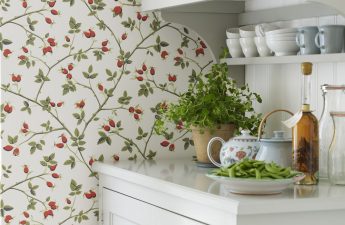Проблемы с экологией, стрессы и некачественное Nutrition is doing its job: the number of allergy sufferers is growing every year. Even a healthy person is not immune from becoming one of them. In our article - the most practical tips on how to protect your home from allergens. Statistics assure: every fourth resident of a metropolis knows very well what an allergy is. A carpet with a thick pile, potted plants and dust on open shelves - all this can provoke a cough, runny nose, headache and completely ruin the mood. We learned how to make a house hypoallergenic and finally feel comfortable in it. 1. Choose the right finishing materials For example, it is better to use water-dispersion paints: they are resistant to dirt and do not emit unpleasant odors. If wallpaper, then smooth paper - dust will accumulate on relief and textile ones. And parquet boards, ceramic tiles or cork are suitable as a floor covering. By the way, the Swiss company Corkstyle not only has a cork covering that repels dust and is easy to clean, but can also have any design and texture, depending on the customer’s wishes.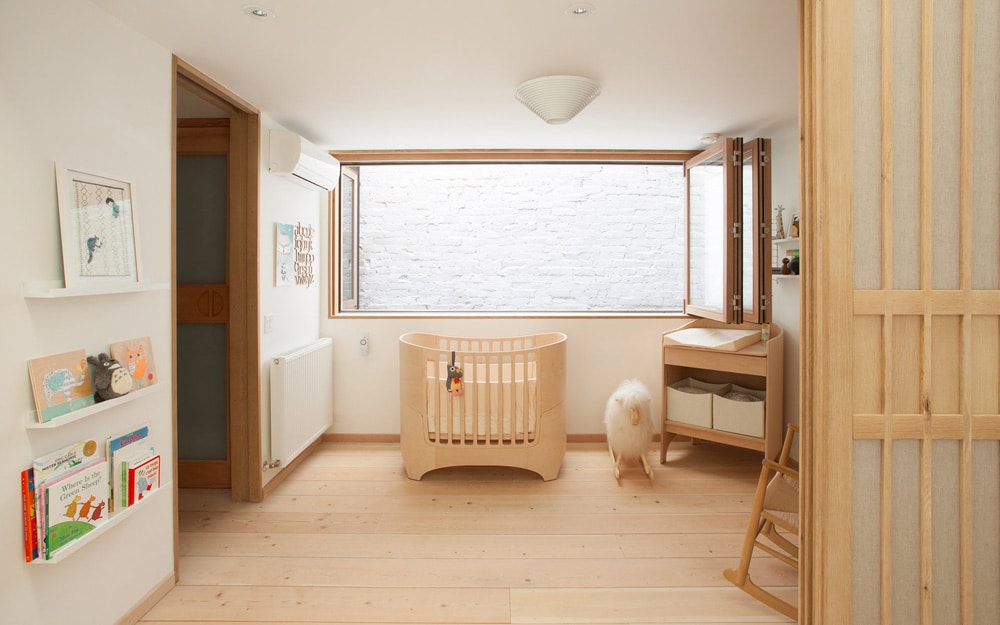
 2.Buy suitable bedding Down, feathers, wool, coconut fiber are difficult to clean and can be very strong allergens. Choose pillows, blankets and a mattress made of hypoallergenic materials or with special removable covers for allergy sufferers - these do not allow water, bacteria or viruses to pass through. In any case, remember that the mattress should be changed at least once every ten years, the pillow - once every five years, and bed linen should be washed once a week at a temperature of at least 60 ° C.
2.Buy suitable bedding Down, feathers, wool, coconut fiber are difficult to clean and can be very strong allergens. Choose pillows, blankets and a mattress made of hypoallergenic materials or with special removable covers for allergy sufferers - these do not allow water, bacteria or viruses to pass through. In any case, remember that the mattress should be changed at least once every ten years, the pillow - once every five years, and bed linen should be washed once a week at a temperature of at least 60 ° C.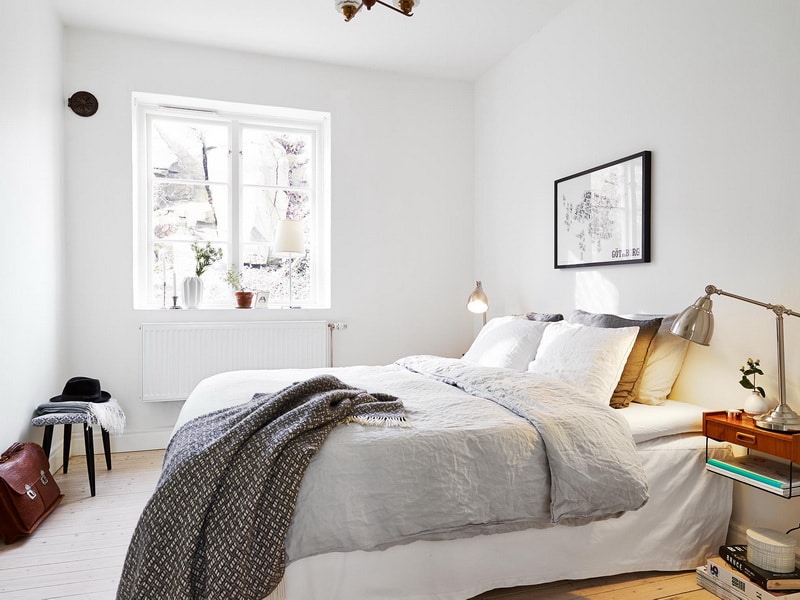
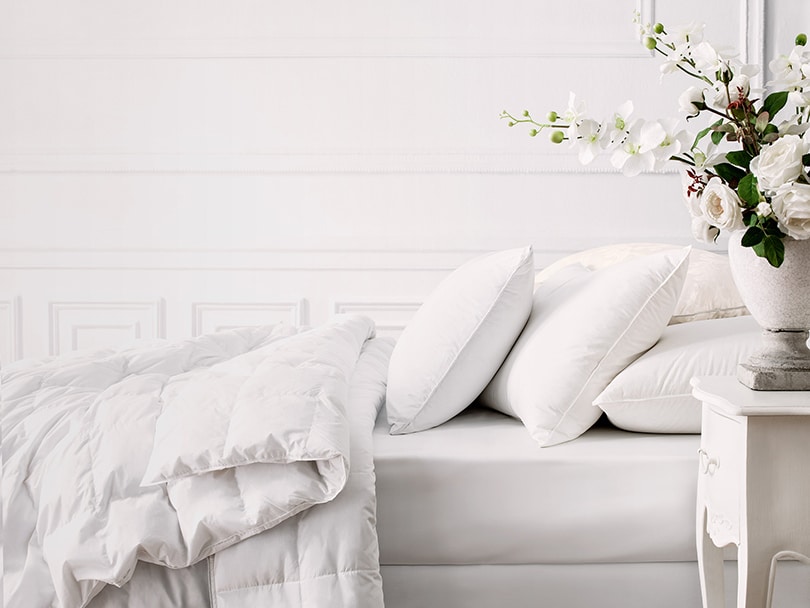 3.Reduce the amount of textiles Blankets, decorative pillows and fluffy rugs look great, but they collect dust like a sponge collects water. It’s better to store all of this in closets and take it out when necessary. For the same reason, upholstered furniture can cause inconvenience. If you can’t give it up, choose leather upholstery — it’s more expensive, but it will make it much easier to breathe.
3.Reduce the amount of textiles Blankets, decorative pillows and fluffy rugs look great, but they collect dust like a sponge collects water. It’s better to store all of this in closets and take it out when necessary. For the same reason, upholstered furniture can cause inconvenience. If you can’t give it up, choose leather upholstery — it’s more expensive, but it will make it much easier to breathe.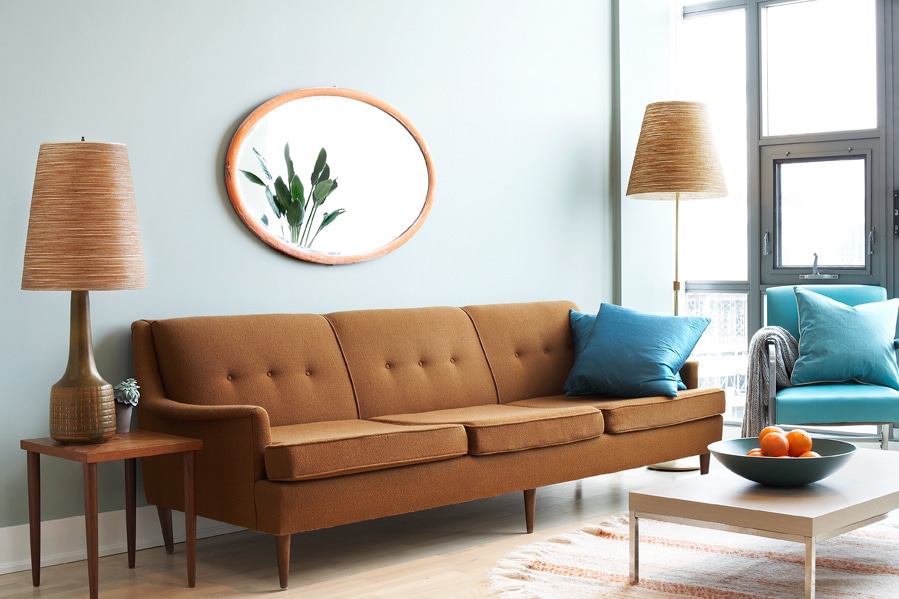
 4.Call on household appliances for help An air conditioner and a humidifier have long been regular guests in the home of an allergy sufferer. Another great way to create a hypoallergenic oasis at home is a ventilation unit with a fine filter. The Zehnder Comfosystems system from Switzerland, for example, not only eliminates unpleasant odors and prevents harmful substances from entering the house from the street, but also cleans the air of fine dust and pollen - you will quickly forget what it means to share your home with dust mites.
4.Call on household appliances for help An air conditioner and a humidifier have long been regular guests in the home of an allergy sufferer. Another great way to create a hypoallergenic oasis at home is a ventilation unit with a fine filter. The Zehnder Comfosystems system from Switzerland, for example, not only eliminates unpleasant odors and prevents harmful substances from entering the house from the street, but also cleans the air of fine dust and pollen - you will quickly forget what it means to share your home with dust mites.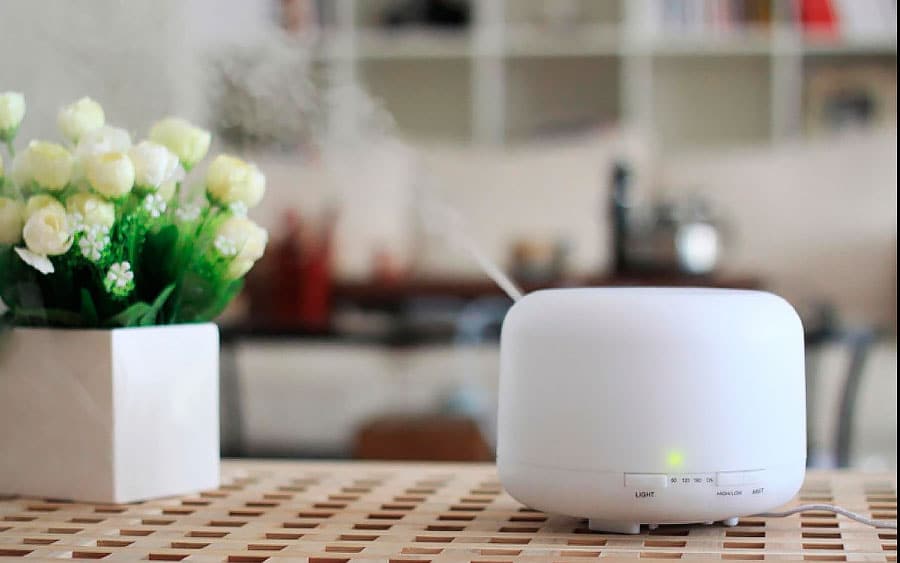
 5.Find a compromise with indoor plants and pets Choose non-flowering plants that do not have pollen, such as cacti or succulents. And remember that the allergy may not be to the plant itself, but to the soil in which it grows - fungus easily forms in it. In this case, try growing flowers hydroponically - nutrient solutions. As for animals, not only long hair, as is commonly believed, causes allergies: even fish food can ruin the life of an allergy sufferer. Therefore, before getting any pet, be sure to find out whether you can live with it in the same area. And if you know for sure that your main allergen is wool, your problem will easily be solved by a cat of a hairless breed.
5.Find a compromise with indoor plants and pets Choose non-flowering plants that do not have pollen, such as cacti or succulents. And remember that the allergy may not be to the plant itself, but to the soil in which it grows - fungus easily forms in it. In this case, try growing flowers hydroponically - nutrient solutions. As for animals, not only long hair, as is commonly believed, causes allergies: even fish food can ruin the life of an allergy sufferer. Therefore, before getting any pet, be sure to find out whether you can live with it in the same area. And if you know for sure that your main allergen is wool, your problem will easily be solved by a cat of a hairless breed.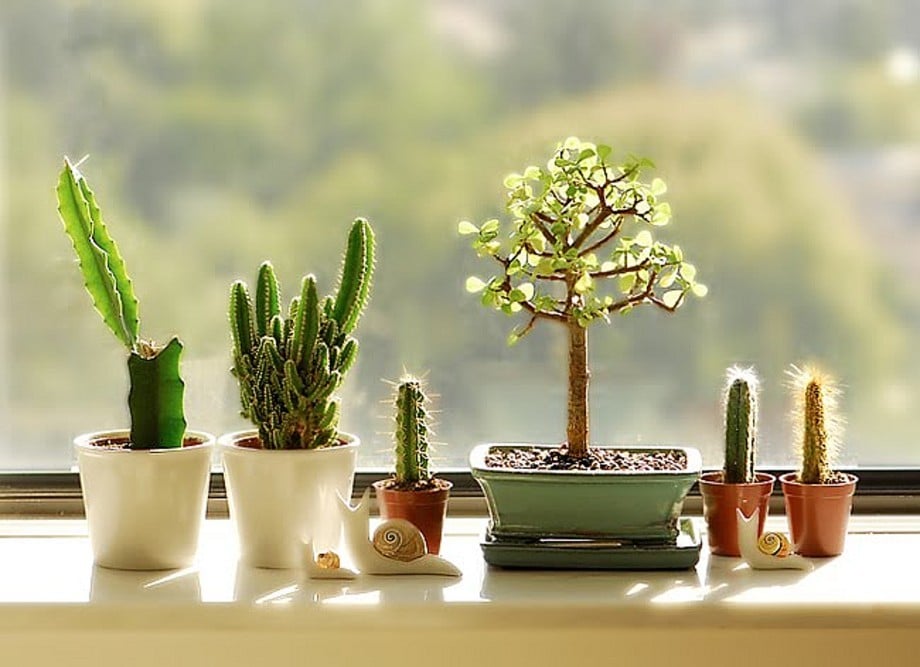
 6.Clean thoroughly Allergy sufferers have to wipe all surfaces several times a week. For this reason, it is better to avoid a large number of open shelves and decor, and store books in closed cabinets. By the way, cabinets and drawers should always be tightly closed, except for weekly airing. And, of course, an allergy sufferer cannot do without a powerful vacuum cleaner with a filter that traps the smallest dust, such as vacuum cleaners from the British company Dyson with Dyson Cinetic technology. They are sealed and do not allow air and dust leakage, and the filter itself does not require maintenance or replacement, that is, you will practically not come into contact with dust. Such a vacuum cleaner is convenient to use once or twice a week, and for daily cleaning the best product is .
6.Clean thoroughly Allergy sufferers have to wipe all surfaces several times a week. For this reason, it is better to avoid a large number of open shelves and decor, and store books in closed cabinets. By the way, cabinets and drawers should always be tightly closed, except for weekly airing. And, of course, an allergy sufferer cannot do without a powerful vacuum cleaner with a filter that traps the smallest dust, such as vacuum cleaners from the British company Dyson with Dyson Cinetic technology. They are sealed and do not allow air and dust leakage, and the filter itself does not require maintenance or replacement, that is, you will practically not come into contact with dust. Such a vacuum cleaner is convenient to use once or twice a week, and for daily cleaning the best product is .
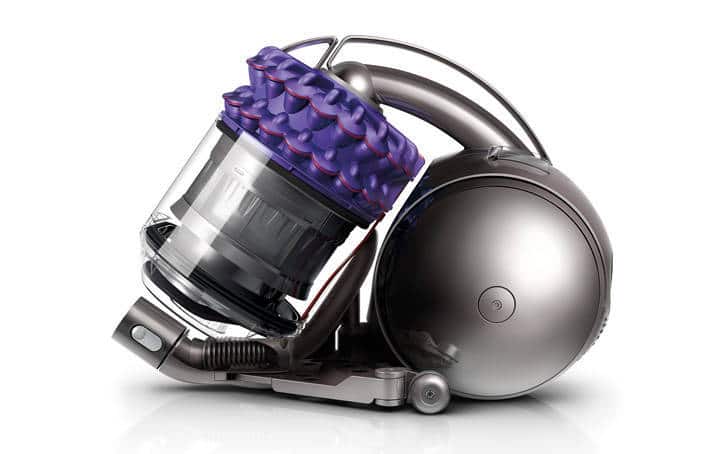 7.Be careful with household chemicals Try to set aside a separate cabinet for chemicals, and each time after use, tightly close the lids on all bottles, even if their contents . Do the cleaning only with rubber gloves, and then ventilate the room to eliminate the smell of cleaning products, and wash yourself thoroughly. And if any contact with household chemicals is torture for you, , and the most pleasant option is cleaning services.
7.Be careful with household chemicals Try to set aside a separate cabinet for chemicals, and each time after use, tightly close the lids on all bottles, even if their contents . Do the cleaning only with rubber gloves, and then ventilate the room to eliminate the smell of cleaning products, and wash yourself thoroughly. And if any contact with household chemicals is torture for you, , and the most pleasant option is cleaning services.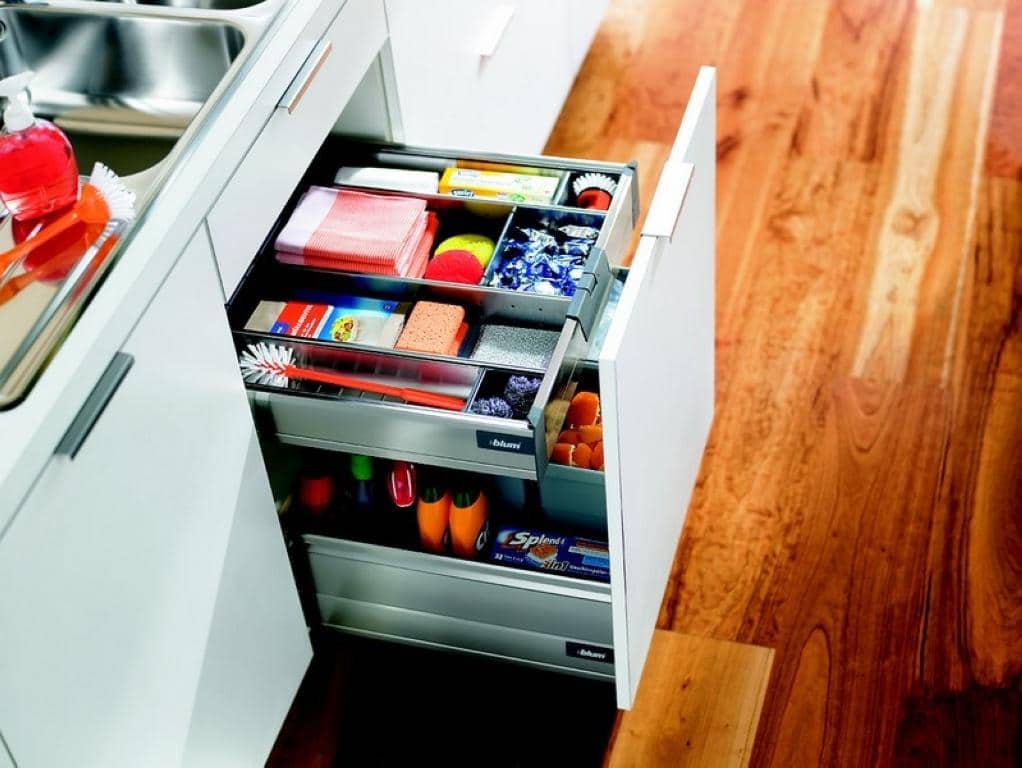
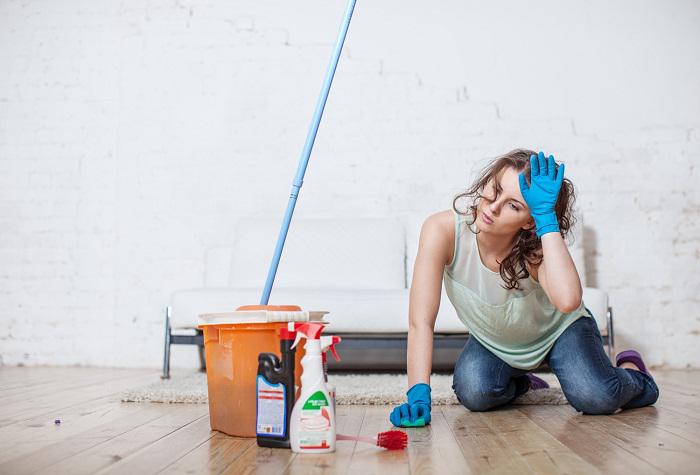
House, air, allergy: 7 tips to help you live


